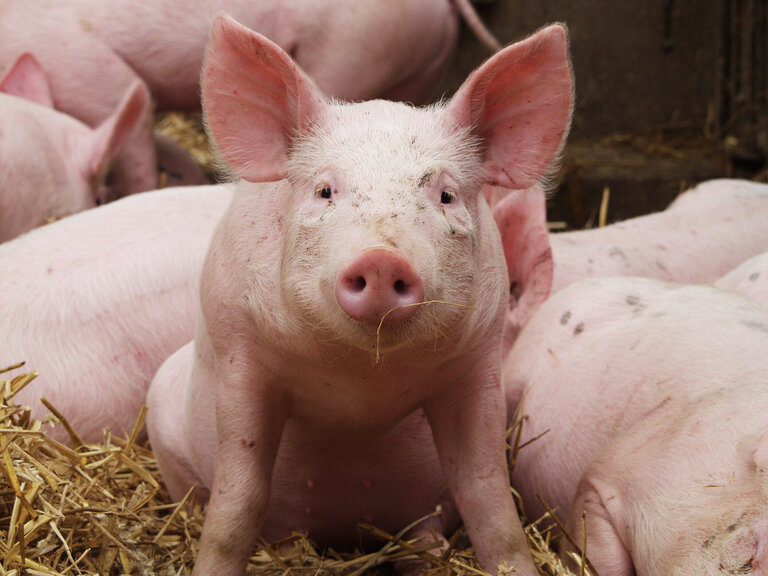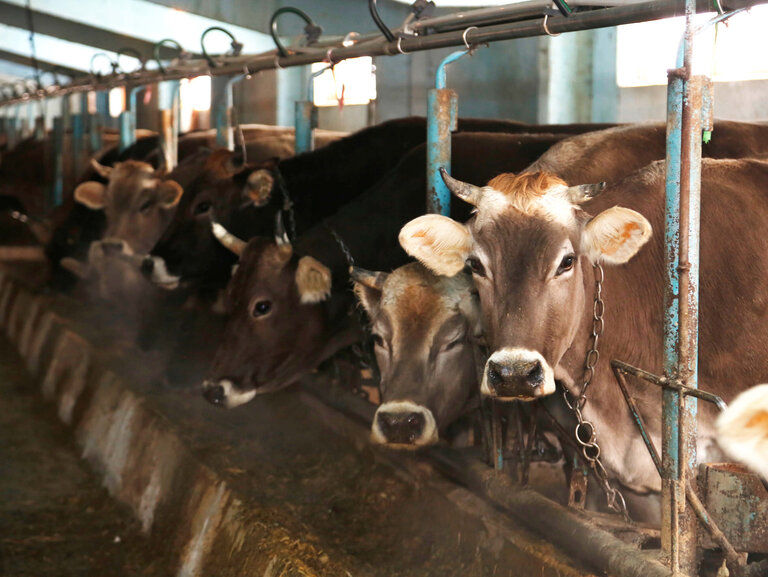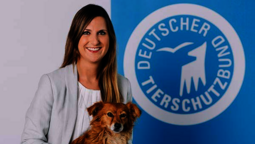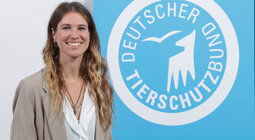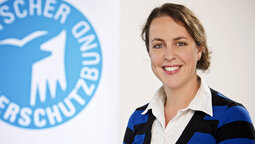At the start of the Green Week in Berlin, the German Animal Welfare Federation criticizes the German government's agricultural policy. So far, there has been no progress in animal welfare. The current statements by the Federal Minister of Finance that new animal welfare requirements are "disproportionate" contradict the Federal Government's coalition agreement and the recommendations of the Commission on the Future of Agriculture and the Borchert Commission. In addition, the German Farmers' Association must also give up its fundamental resistance to improvements in animal welfare and return to compromises that have already been agreed.
"The German government has so far largely ignored the animal welfare promises made in its coalition agreement. The statements made by Federal Finance Minister Lindner at the farmers' demonstration last Monday are a foreboding sign of bad things to come: The FDP appears to be a total denier of greater animal welfare. With its haphazard and disastrous communication in connection with the abolition of environmentally harmful subsidies, the "Ampel" has also squandered a great deal of trust among farmers in the necessary and promised transformation of animal husbandry. What is needed now is a jolt from all groups to sit down at the table again. In the Borchert Commission and also in the Commission on the Future of Agriculture, the farmers' association confirmed the need for transformation and expressly agreed to it. Now it must prove that these were not just lukewarm words. A new start is needed in animal welfare and transformation policy," is the appeal from Thomas Schröder, President of the German Animal Welfare Federation.
Schröder expressly warns against sinking the necessary transformation of livestock farming into a debate about budget consolidation: "The basic problem is that all projects that are necessary from an environmental and animal welfare perspective are now being labeled as budget consolidation. And not with the necessary stickers "Securing planetary boundaries" and "Transformation of livestock farming." One option for additional revenue would be to increase the reduced VAT rate on animal products from 7% to 19%. The German government must then present a comprehensive strategy for the transformation of animal husbandry, which is promoted and controlled by the state, in the near future. An earmarked levy on meat and other animal products would have to generate additional funds for this. "Under no circumstances should such a levy be used to plug budget holes or simply convert stables from the statutory minimum standard to the equally inadequate "stall + space" level," Schröder clarifies. For the German Animal Welfare Federation, a better animal welfare law is also crucial, which must close the massive legal gaps in relation to agricultural animal husbandry - especially as the state animal husbandry label does not improve the conditions for a single animal, but merely classifies existing animal husbandry systems.


